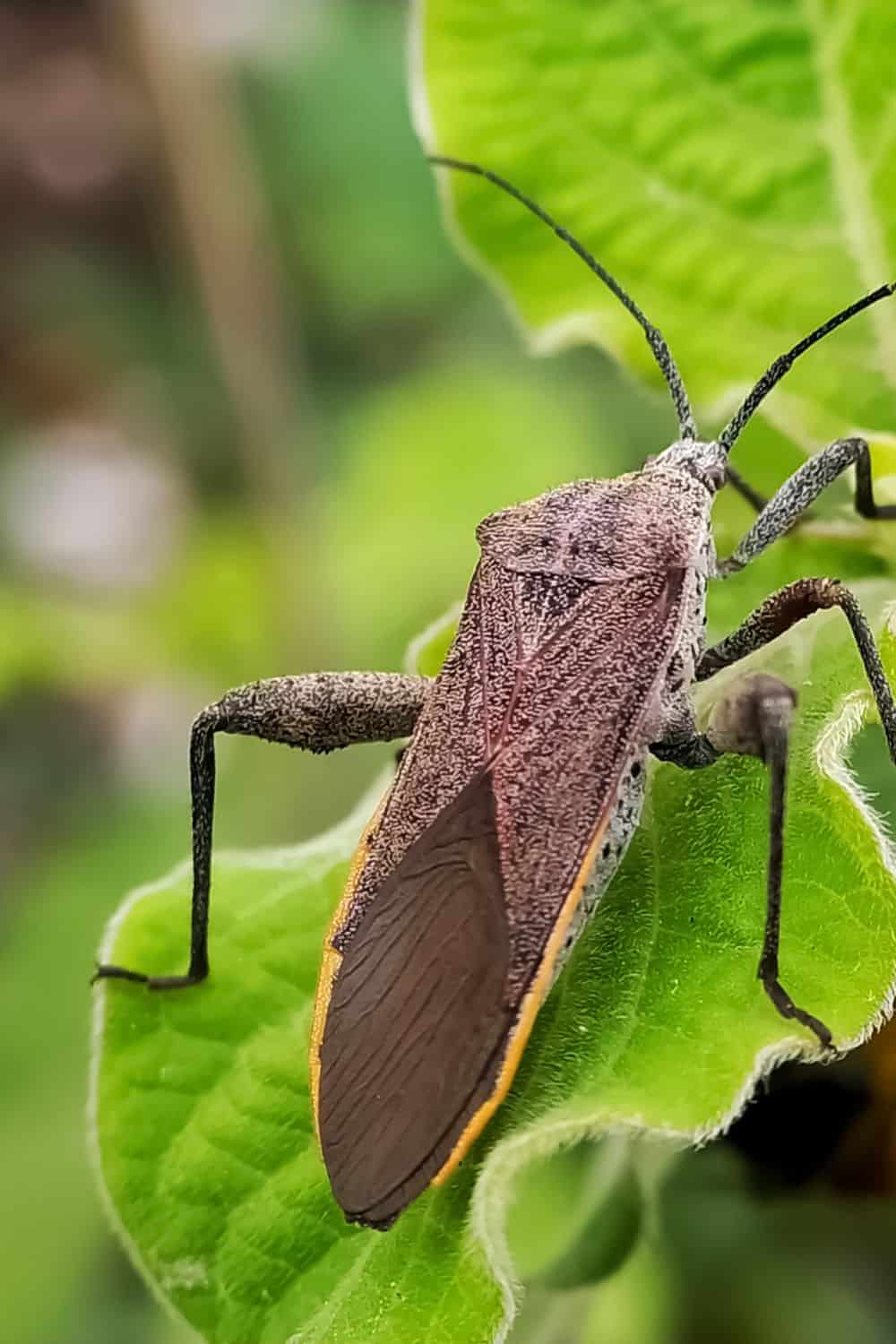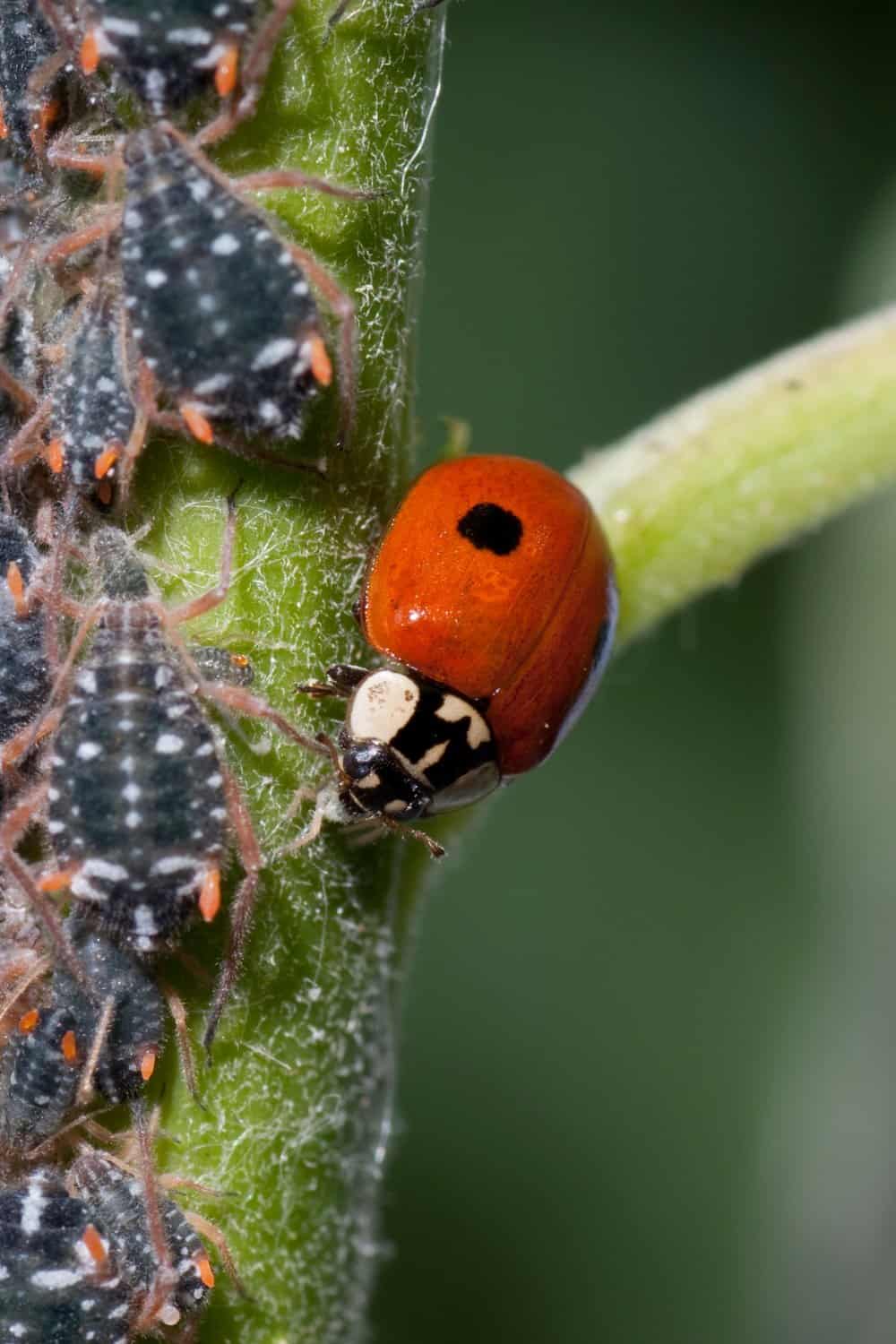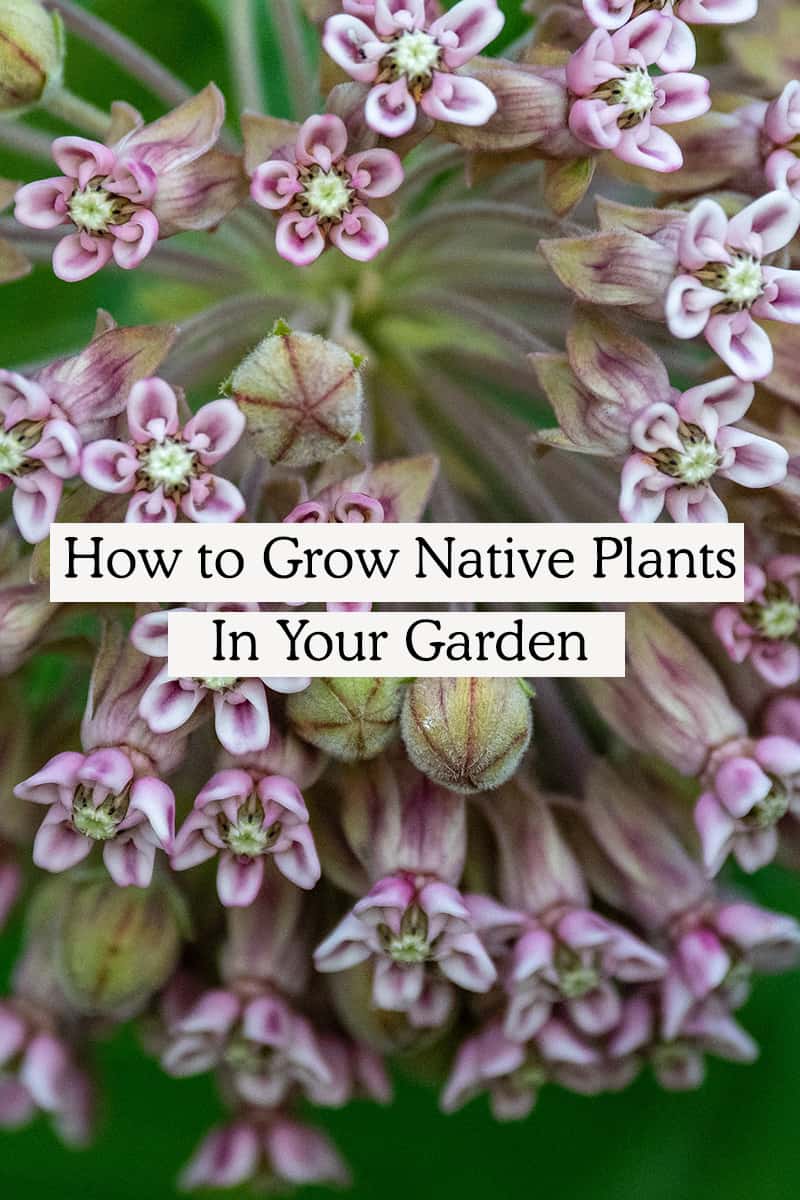
Learn about native plants from expert and Professor of Agriculture in the Department of Entomology and Wildlife Ecology at the University of Delaware, Doug Tallamy on today’s podcast episode.
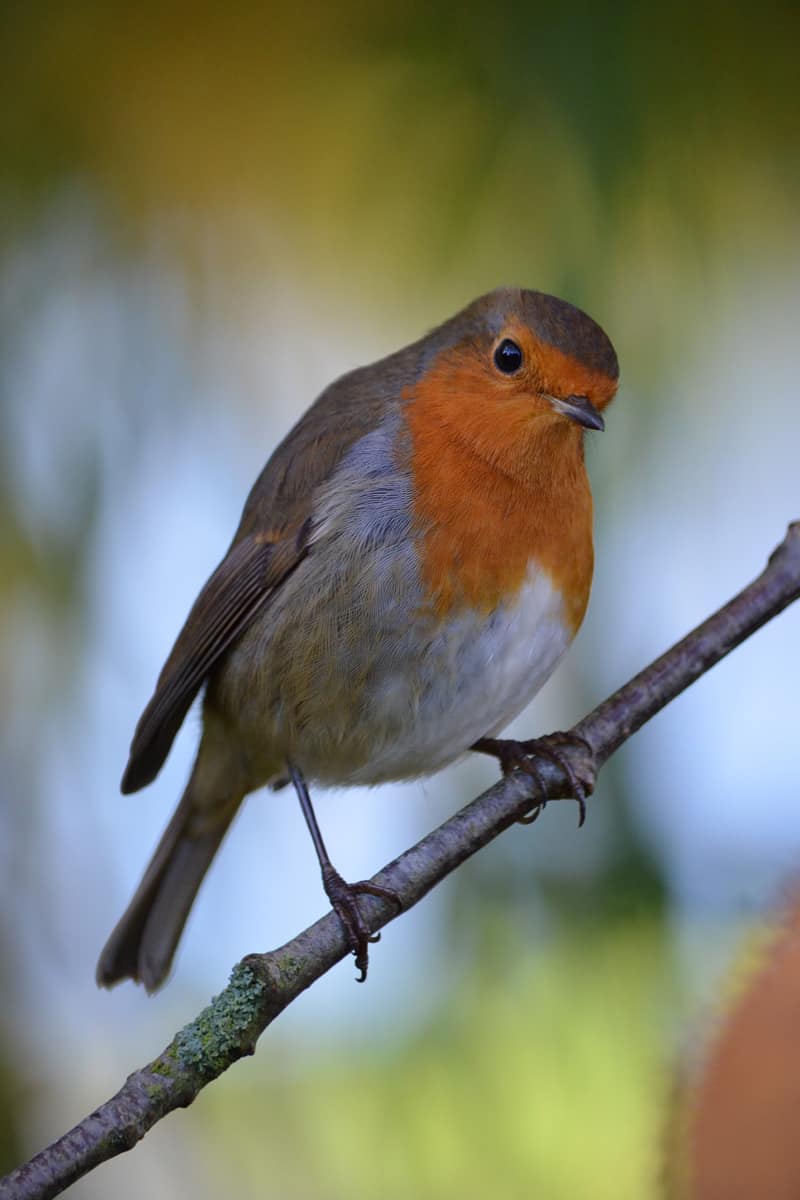
What are Native Plants?
Native plants are plants that have existed in a region, ecosystem, or area of a landscape without any human intervention or introduction. These plants are part of the food web of local birds, mammals, insects, and pollinators.
There are many broad definitions of native plants and what they are, but in general terms, a native plant is simply a plant that naturally has occurred in your region without introduction.
You can use native plants to support the pollination and more for even a simple raised bed garden such as this one.
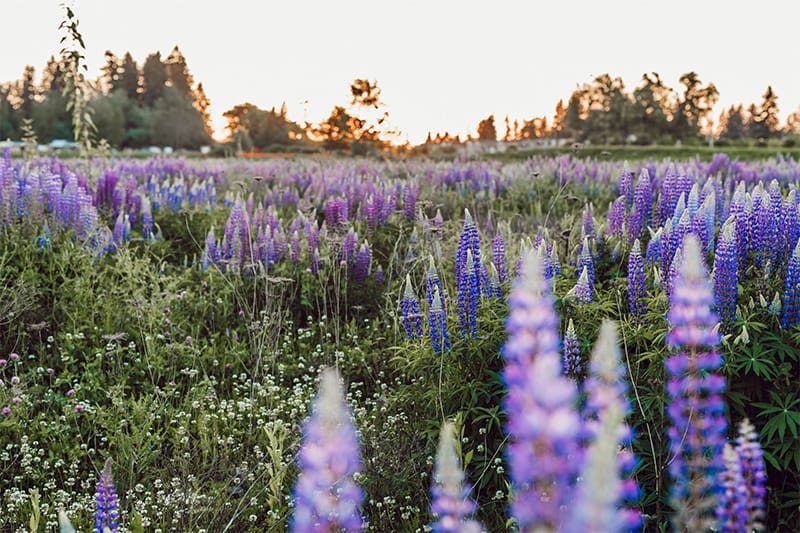
Why Should I Grow Native Plants?
The benefits of growing native plants are extensive and one of the best ways to make an impact on the environment every single spring and summer. Here are even more benefits of growing native plants:
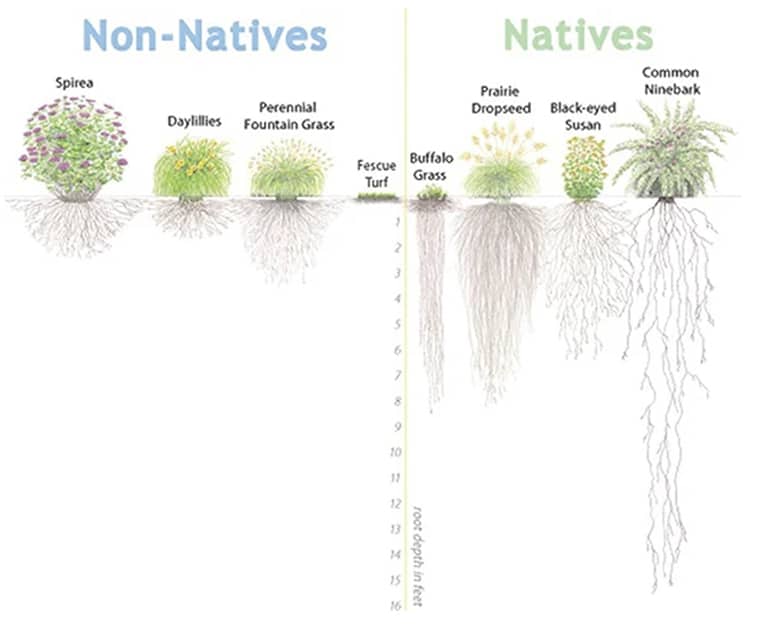
- Water Conservation: These plants know how to conserve and use the rainfall the area gets extremely well so they commonly if placed in their correct environment (swamp, savannah, dunes…etc) need very little if any watering.
- Draws in Wildlife: If you want to enjoy more wildlife including important pollinators a native plant garden will bring them in in droves. providing the right sources of food instantly builds up the animals and insects you see out your window.
- Provides Food between other conserved areas: Offering native plants in your yard of any size offers a way-station so to speak to migrating and breeding birds and insects. This is a popular thing for Monarch butterflies for instance. Plus growing milkweed is so simple and beautiful. A friend has also been asking me about the meaning behind the Blue Jay feathers and on looking into that I’ve seen just how interesting it all is, so have a look too.
- Draws down carbon: Because of the plants’ deep root systems, they store carbon deep in the soil where it will stay securely for years and years.
- Low maintenance: native plants need very little maintenance if you are looking to lower your work in the garden and yard. Your native plants do not need all the touch-ups and fertilizing the typical ornamental will need. Nature does the work for you in many cases.
- Safe environments for humans: there is no need for fertilizers, weed-killers, or any other chemicals. These plants naturally do their thing and you can trust them to do it which means a safer space for humans to exist with nature.
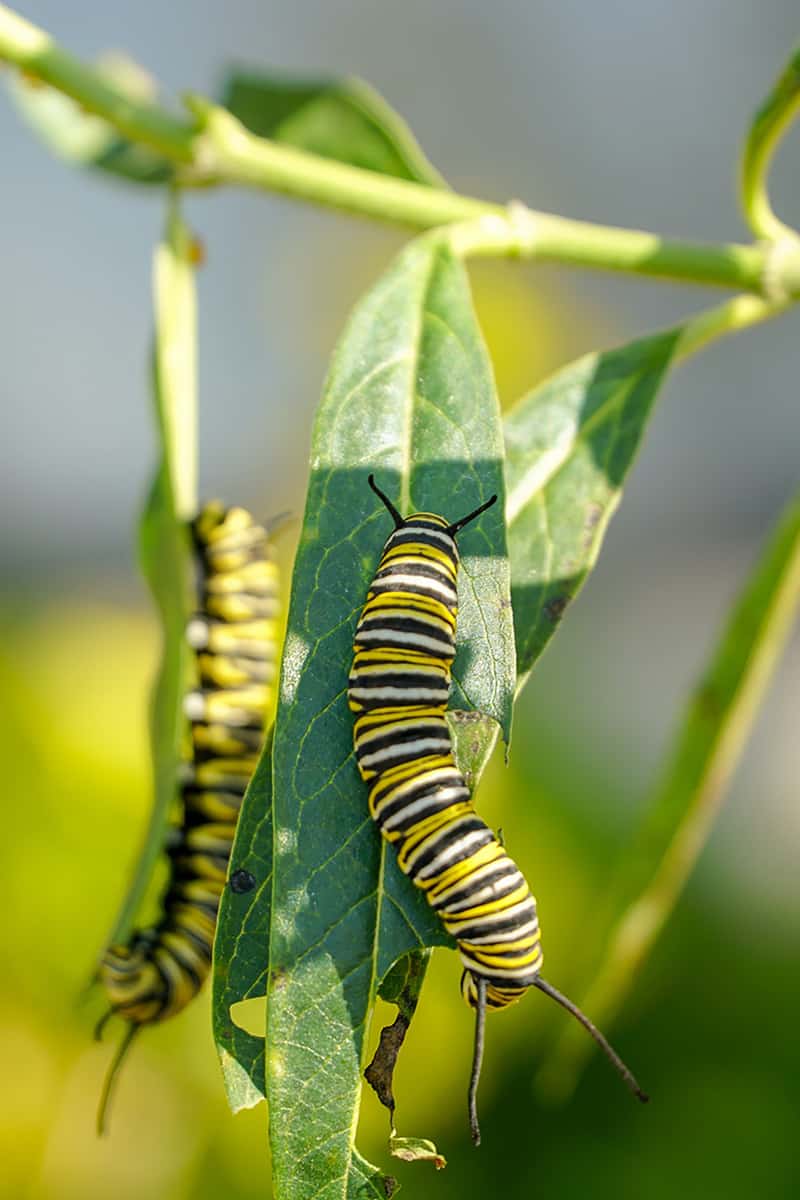
What should I know about growing these plants?
Growing native plants is one of the easiest and simplest ways to have a gorgeous garden at your home. Here is why growing native plants is the easiest and most enjoyable way to garden:
- These plants have DEEP roots systems compared to non-native plants. This makes them more drought resistant and adaptable to the changes throughout a season your area experiences. This has been created in their DNA for centuries so it makes them extremely easy to grow and worry very little about
- Choose your location based upon the plants natural needs. For instance some plants like a dune sort of environment or a sunny field or a shady forest. There is a native plant for every sort of landscaping area you may have. All you have to do is watch and learn from some landscaping services on how they pick the best plants and then choose your plants according to what you desire!
- Don’t forget about choosing trees! Yes, trees and shrubs also count. All are important in the architecture of your native landscape so don’t forget to add them in even if you may never see them through their entire life. It is a promise and a gift to future generations.
- Sit back and enjoy them!!
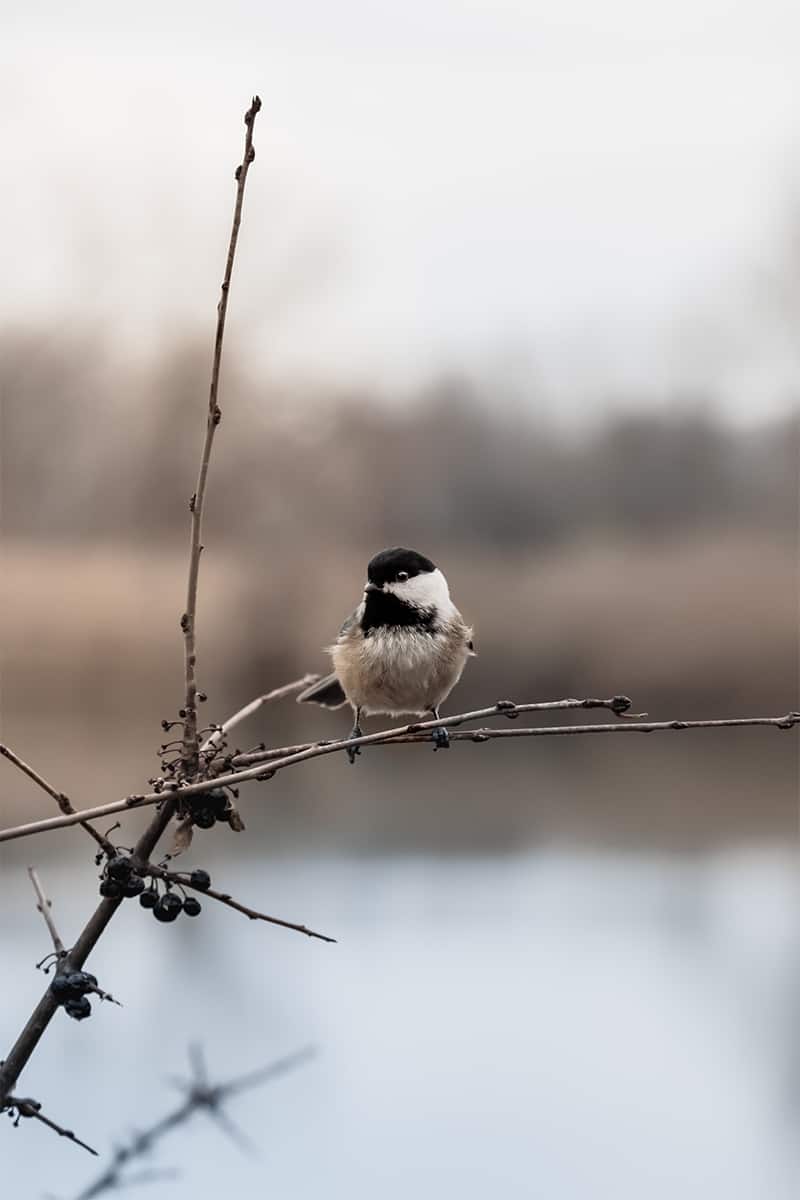
How do I find Native Plants for my garden?
If you are looking to grow and expand your native plant knowledge for your garden and community here are some great places to begin:
- Check out Homegrown National Park and their resources they offer as well as add your garden to their map.
- Read and check out the writing of Doug Tallamy to learn more about the importance of native plants to our ecosystem and reversing our dwindling biodiversity.
- Use this Plant Finder from the National Wildlife Federation.
- The Audobon Society also offers a Native Plant locator that is very helpful.
- Get in touch with your county or cities local Conservation District. If you simply google your county followed by “conservation district” you will find it. Everyone has one. They offer plant sales, resources, and even support and education to help support and remove invasive plants. They are willing to help you! Just reach out.
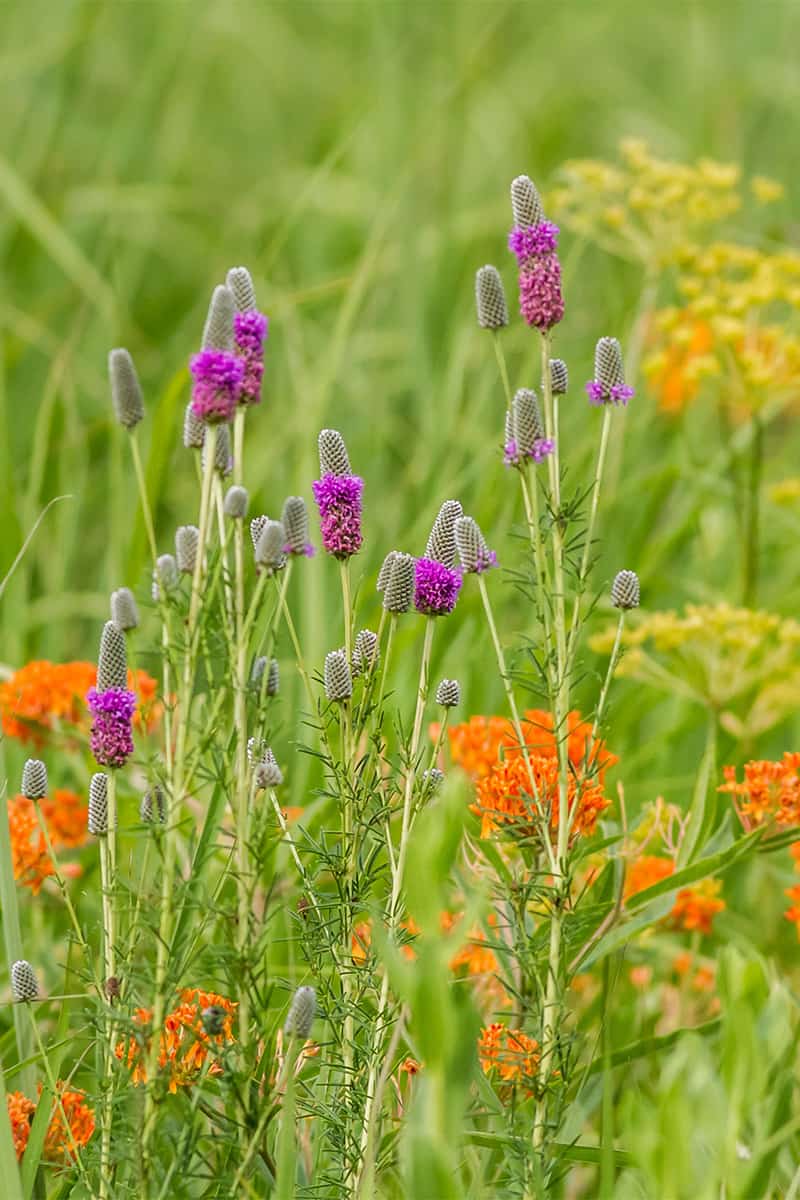
If you want to get even more information about these plants and their impacts on our environment and the greater ecosystem you can listen to my interview with expert, Doug Tallamy who is the T. A. Baker Professor of Agriculture in the Department of Entomology and Wildlife Ecology at the University of Delaware, where he has authored 104 research publications and has taught insect-related courses for 40 years

